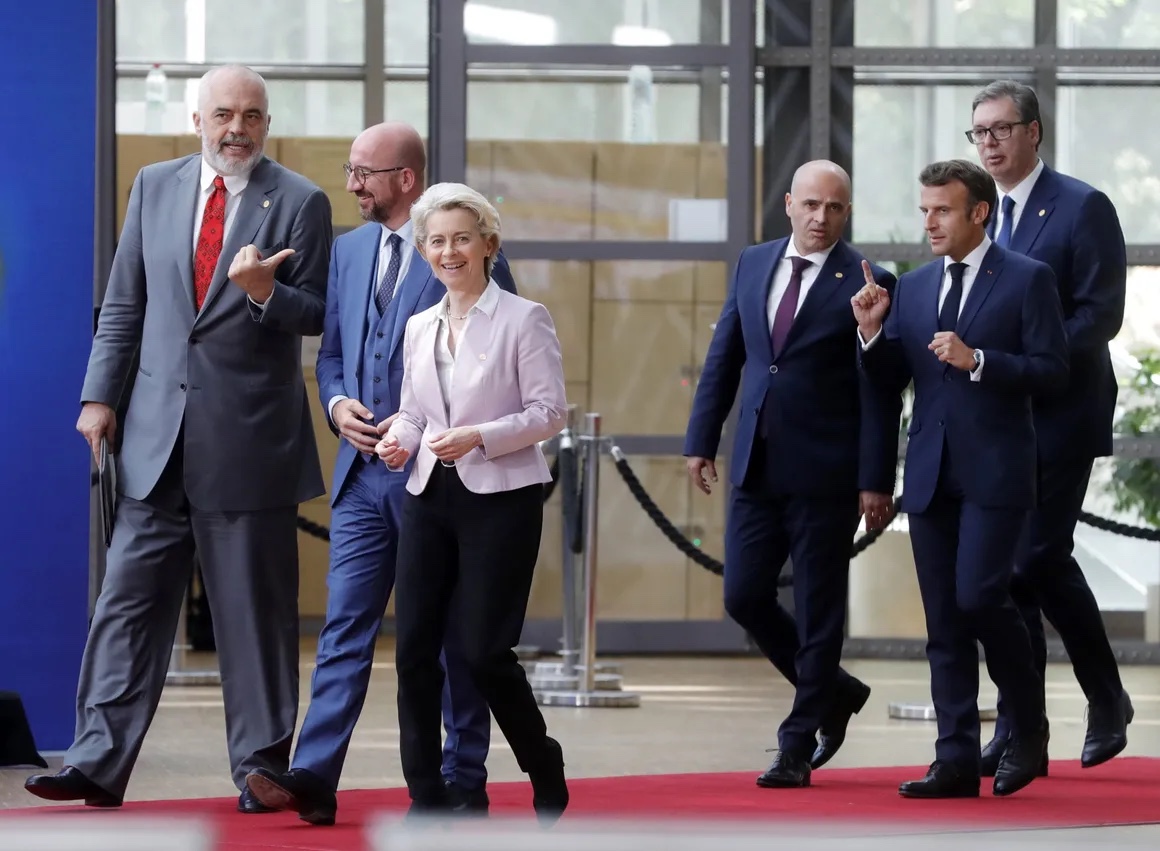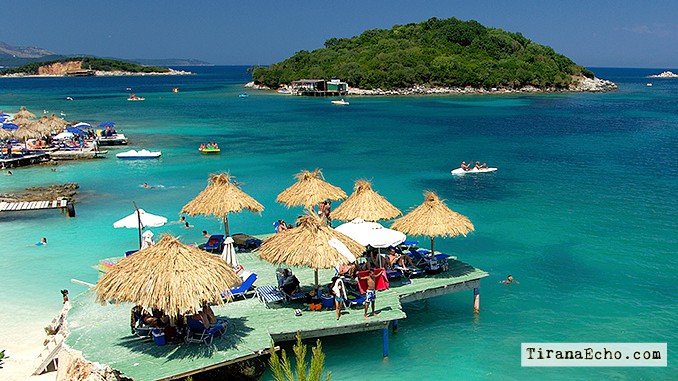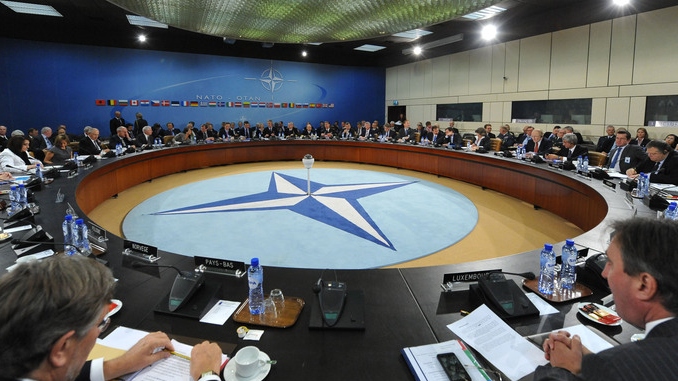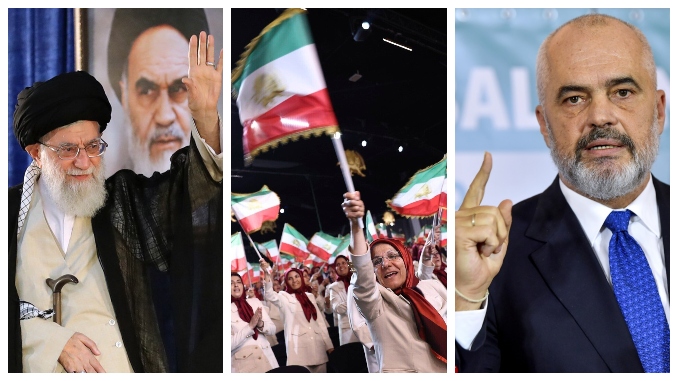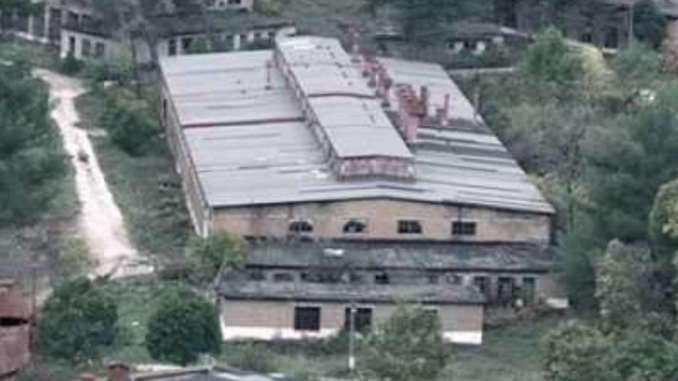Milo Djukanovic looking for allies to form a government amid allegations of corruption and political tensions in Montenegro
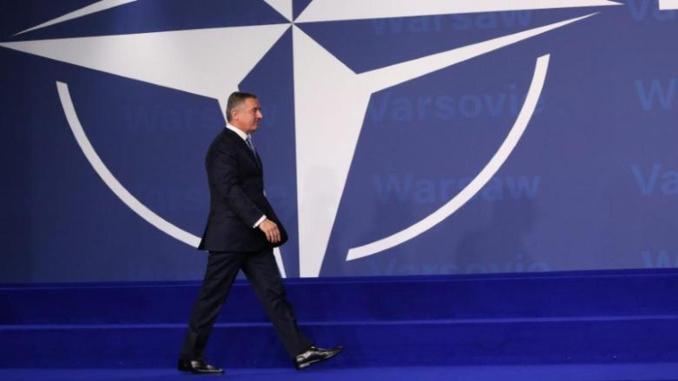
PODGORICA, 17 October 2016 – Lacking full majority, Milo Djukanovic will have to form a government with smaller opposing parties as Montenegro’s post electoral environment is tainted by accusations of irregularities, corruption, intimidation and political tensions.
Although Montenegro’s 16 October parliamentary elections were held in a competitive environment and fundamental freedoms were generally respected according to international observers, the electoral campaign showed that Montenegro remains divided over foreign policy questions, namely about its future place in NATO.
The short term OSCE Observer Mission preliminary report said that although “the professional capacity of the administration remains inadequate, election day proceeded in a calm and orderly manner, with few cases of procedural irregularities observed”.
“The high turnout reflects the hopes that the people of Montenegro had in these elections. Allegations of corruption, foreign funding, political tension and inconsistencies in the legal framework tainted the electoral environment. Despite this, the verdict of our observers is that the elections represented the will of the people,” said Aleksander Pociej, Head of the PACE delegation. “It is now up to the newly elected parliament to work with the mandate the voters have given it, in order to realize the full democratic potential of the country.”
Milo Djukanovic’s long-ruling Democratic Party of Socialists won the most votes in the Sunday ballot, but without enough support to govern alone. He will have to seek the alliance of several small opposition parties to try forming a governing coalition in the 81-seat parliament.
Djukanovic said after declaring victory that he will form a government which will complete the NATO membership within months and press ahead with EU membership also. But thesmall country of some 650,000 people faces several growing challenges of economic, social and political reforms and needs to do more to fight high-end corruption and reduce youth emigration, if it wants to progress in its EU path.
Critics of Djukanovic say that the country lacks real democracy and media independence which is highly politically polarized. On election day both Viber and WhatsApp were blocked by the state Agency of Electronic Communications, causing concern amont opposition groups and civils society representatives.
“Blocking such apps is unthinkable in any normal country. I have never heard of that happening anywhere ever in an election,” said an opposition party leader, Ranko Krivokapic, former President of Parliament and fallen close friend of Djukanovic.
More radical opposition representatives accused the government of elections irregularities and intimidation.
“The police junta did everything to keep Djukanovic in power,” opposition Democratic Front leader Andrija Mandic said, calling for a “transitional government that will not allow this brutal police interference in the electoral process.”
Another Democratic Front leader, Nebojsa Medojevic, claimed that 2,500 opposition supporters were questioned by police on Sunday “just because they protested against Djukanovic.”
He said the arrest of the 20 “alleged terrorists” on election day was staged to rally Djukanovic’s supporters and scare away opponents.
“The oldest one is 73 years old and the youngest is 17, so you see what a farce this arrest is,” Medojevic said.
Copyright 2016 TiranaEcho.com All Rights Reserved

